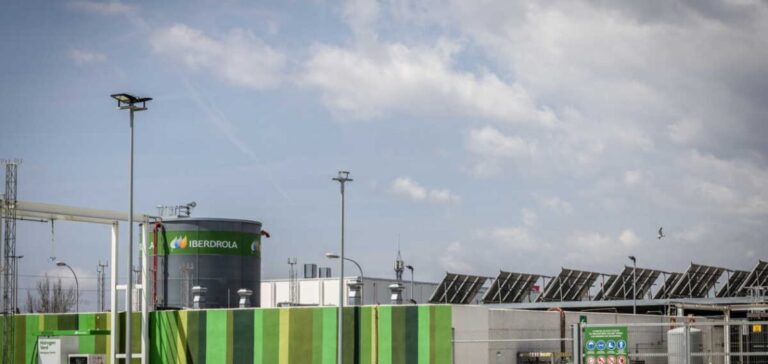Spain is striving to become a European leader in green hydrogen, using its abundant solar and wind resources to produce clean energy. The government recently approved grants totaling €794 million for seven projects considered by the European Commission to be of regional value. These projects, with a total electrolysis capacity of 652 megawatts (MW), are expected to stimulate investments in excess of 6 billion euros over their lifetime.
These subsidies will support green hydrogen production projects close to their consumers. The initiatives include projects in five “hydrogen valleys” in Spain, which are industrial centers integrating the production and use of green hydrogen, notably for fertilizer manufacture or refinery fueling.
Economic and industrial impact
Green hydrogen is considered essential for decarbonizing the European economy in the future. However, due to its high cost, green hydrogen projects are generally not competitive without subsidies. In Spain, 40% of the funds will be allocated to two projects managed by Repsol, each with an electrolysis capacity of 100 MW. Nearly a third of the funds – 242 million euros – will go towards Iberdrola’s projects in Puertollano, aimed at developing 220 MW of electrolysis capacity.
Iberdrola, Europe’s largest utility, had cut its green hydrogen ambitions by almost two-thirds after delays in obtaining funding for some of its announced projects. Nevertheless, this new injection of funds could revive his plans.
Climate Strategy objectives
Spain’s preliminary climate strategy sets a target of 11 gigawatts (GW) for electrolysers by 2030, compared with a previous target of 4 GW. This ambitious target underlines Spain’s commitment to playing a key role in Europe’s energy transition, harnessing green hydrogen technologies to reduce carbon emissions and drive a more sustainable economy.
The recently approved subsidies show that Spain is determined to overcome the financial obstacles holding back the development of green hydrogen. By supporting these strategic projects, the country hopes to attract more private investment and strengthen its position as a pioneer of clean energy in Europe.
These initiatives testify to Spain’s long-term vision for energy innovation and ecological transition, marking a significant step towards achieving its climate goals while stimulating the national economy and creating job opportunities in the renewable energy sector.






















